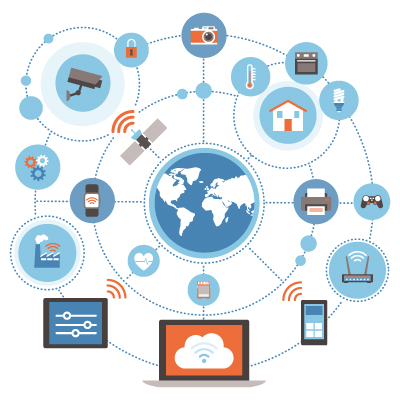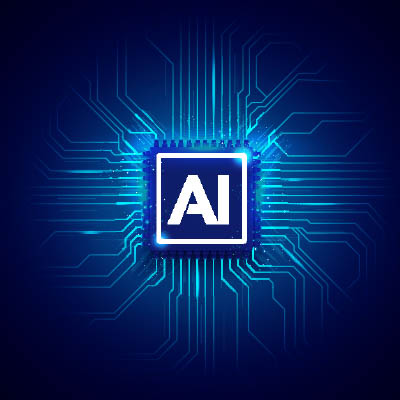When someone mentions cookies, people usually think of delicious treats like gingersnaps, snowballs, or the world famous chocolate chip. But what about browser cookies? While they may not be tasty, they certainly deserve your attention. You’ve likely encountered website popups asking for cookie permissions, and understanding what you’re agreeing to is crucial. In today’s blog, we’ll explain what browser cookies are, how they work, and why they are sometimes more beneficial than the sweet kind..
Common knowledge states that the more you put into something, the more you get out of it. Therefore, it stands to reason that you should put as much funding as possible into your most essential resources—such as your IT. This, however, can be a hard sell to yourself or anyone invested in your company… partners and staff included.
The Internet of Things, or IoT, has transformed how modern businesses operate in 2024. Whether you’re a manufacturer or a healthcare provider, the IoT offers previously impossible applications, from real-time data collection to smarter decision-making. Let’s explore some ways your business can use IoT in 2024.
You might have noticed the mobile technology around you, like smartphones, tablets, and wearables, getting noticeably stronger in recent years. As their strength increases, so too does their power expenditure, demanding more effective batteries and charging technologies as a result. Today, we want to look at the ever-fascinating topic of batteries for mobile technology and how innovations can help to fuel change in device design.
All businesses use technology to varying degrees, typically to improve operations or offer innovation through a service or product. SMBs often benefit from the increased use of technology in the business world, as it’s generally quite effective at solving their problems and accessible enough that even companies on a budget can afford it. Let’s look at some opportunities your own business might have in 2024.
AI can have transformative effects on your business’ operations, provided you can navigate its various pros and cons. Today, we want to highlight some of the greatest benefits and disadvantages that AI poses for any business looking to implement it into its operations.
Sometimes, in business, you will hear about the opportunity cost of a decision. You may not be familiar with this concept that involves the investments you make in your organization’s technology. In today’s article, we will discuss the opportunity cost of technology and why that cost may not be one you should be unwilling to take on.
In 1987, the United Nations defined sustainability as “meeting the needs of the present without compromising the ability of future generations to meet their own needs.” Today, almost 40 years later, businesses have various options to help promote their own sustainability. Let’s discuss just a few options and how we can help you enact them.
After the major flop that was Windows 8 and the 8.1 Update, Microsoft hit a home run with Windows 10 in both the personal and professional contexts. However, Windows 11 is now in a position to succeed Windows 10, and Microsoft is making plans to end support for Windows 10. Here’s what you’ll need to know.
When you download a program or application to your computer, you must install it through its operating system. The same is true for your Android smartphone, but the file names are a bit different, and the process is a little more convoluted… and for good reason. Today, we want to walk you through how APK files work and why it might not be a good idea to install them on your device in the traditional sense.










